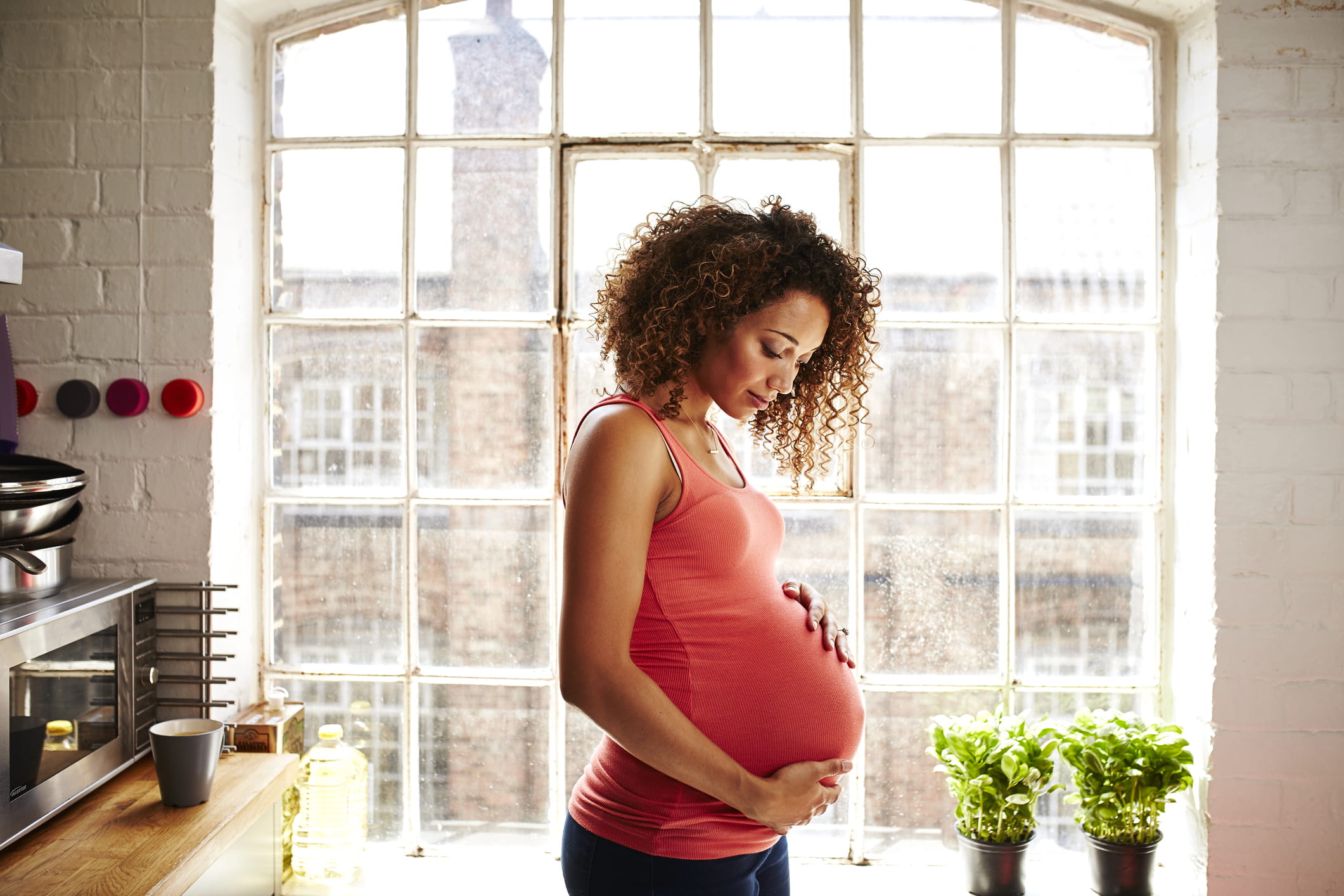While everyone needs to take steps to protect themselves from the new coronavirus, or COVID-19, certain people need to be especially careful to make sure they stay healthy and safe.
“People who have diabetes, high blood pressure or both need to take extra care in protecting themselves,” says Timothy Larkin II, D.O., a family medicine physician with Riverside Elizabeth Lakes Family Practice. “Having these conditions can increase your risk of developing severe illness from COVID-19.”
If you have diabetes or high blood pressure — don’t panic. By making some essential changes in your daily routine, you can lower your exposure to COVID-19 and stay as healthy as possible.
Why do diabetes and high blood pressure increase your risk for severe illness?
Diabetes can weaken the immune system, which means the body isn’t able to fight off disease easily. In some cases, viruses can also grow stronger when they are exposed to high blood sugar.
COVID-19 also affects the lungs, which means the body isn’t able to get as much oxygen to the heart. This can put strain on the heart, and high blood pressure can add to that strain. When your heart is under this kind of stress, it can increase the risk of heart failure or worsen symptoms of heart failure.
It’s not clear if diabetes and high blood pressure can also increase your risk of catching COVID-19. However, it’s still important to take precautions to protect yourself from the virus.
How can I protect myself from COVID-19?
COVID-19 is very contagious — it can easily spread through droplets that come into the air when an infected person coughs or sneezes. That’s why it’s crucial to maintain social distancing.
“If you have diabetes or high blood pressure, staying home is the most important thing you can do to protect yourself and your loved ones,” says Dr. Larkin. “Self-quarantine is the most effective step in slowing the spread of COVID-19.”
Other steps you can take to stay healthy include:
- Washing your hands often with soap and water, especially after sneezing, coughing or being in a public place. Wash for at least 20 seconds. If soap and water are not available, use hand sanitizer with at least 60 percent alcohol.
- Not touching your face, including your eyes, nose and mouth.
- Avoiding high-touch surfaces while in a public place, such as doorknobs or railings. If possible, try to use your sleeve or a tissue to cover your hand. If you do need to touch one of these surfaces, clean your hands after.
- Disinfecting surfaces in your home often, including countertops, doorknobs, light switches, desks, faucets and toilets.
- Avoiding crowds. If you must go into public, stay at least 6 feet away from other people and wear a cloth face covering.
- Avoiding nonessential travel and public transportation.
What can I do to prepare if I get sick?
If you’re at risk for developing a serious illness from COVID-19, being prepared can help ease any stress and anxiety you may have. To prepare, you can:
- Make sure you have extra stock of any medicines you take, including insulin, prescription medications and over-the-counter drugs for cold and flu.
- Gather phone numbers for all of your doctors, your pharmacy and your insurance provider.
- Collect extra cleaning supplies, including hand soap and rubbing alcohol.
- Keep extra household items and food on hand in case you need to stay home for a few weeks.
If you have diabetes and are at risk for blood sugar lows, you may want to also have extra stock of simple carbs, like hard candy, popsicles or Jell-O. These can help keep your blood sugar up if you are too sick to eat.
What should I do if I think I have COVID-19?
Common symptoms of COVID-19 include fever and cough. If you have these symptoms, contact your doctor. If you are experiencing shortness of breath or symptoms of a heart attack or stroke, call 911.
At Riverside, we’re dedicated to caring for you and your family during COVID-19. Learn more about prevention and treatment on our Navigating COVID-19 hub.



